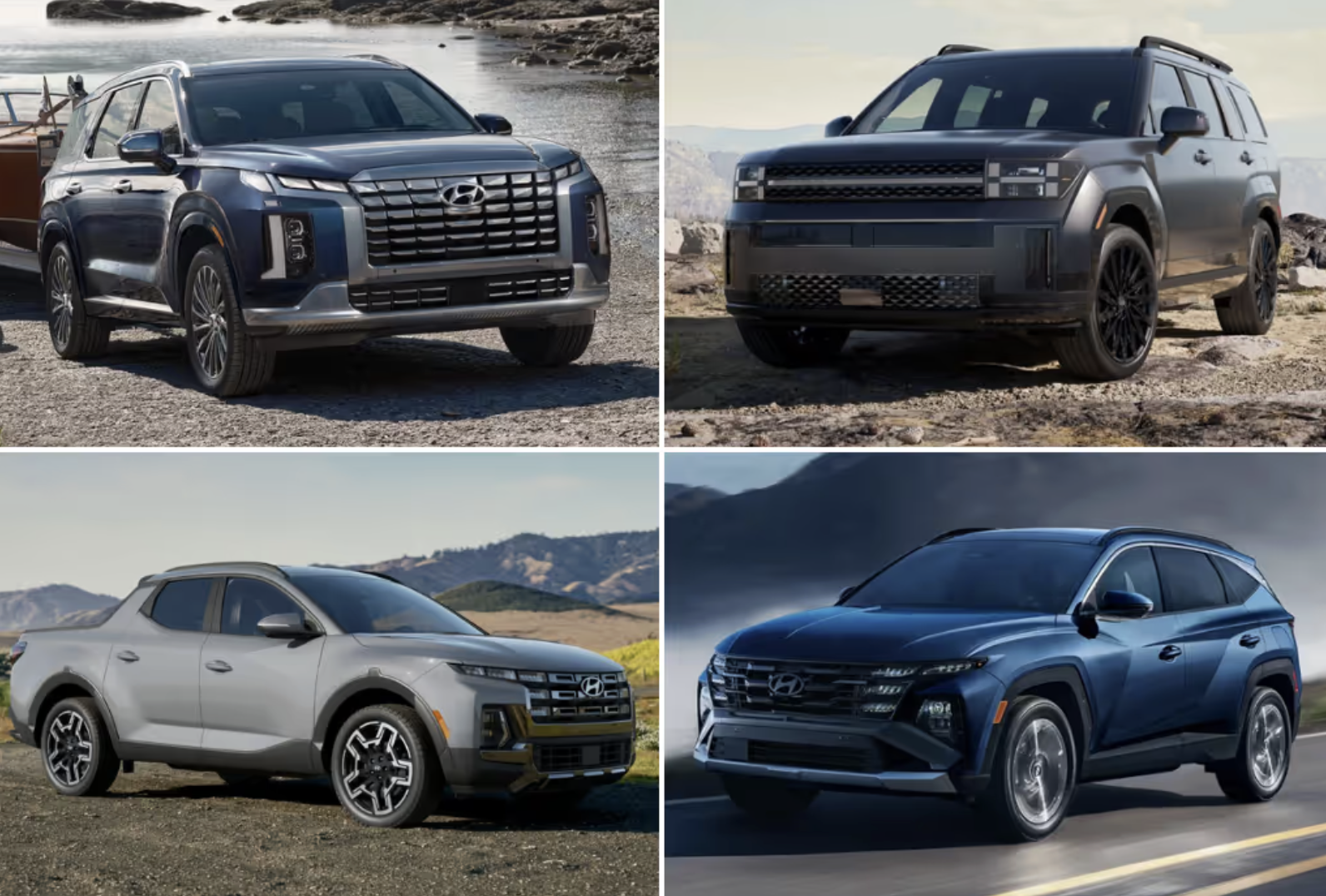Hyundai AWD vs FWD Models: Which Performs Best Year-Round?
When it comes to choosing a Hyundai vehicle, one of the most important decisions you'll face is whether to opt for all-wheel drive (AWD) or front-wheel drive (FWD). Each drivetrain has its own set of advantages and disadvantages, especially when considering performance in various weather conditions. Understanding these differences can help you make an informed choice that suits your driving needs throughout the year.
The Benefits of All-Wheel Drive (AWD)
All-wheel drive systems are designed to provide enhanced traction and stability, making them ideal for driving in challenging weather conditions such as rain, snow, or ice. Hyundai's AWD models distribute power to all four wheels, allowing for better handling and control on slippery surfaces. This feature is particularly beneficial for those living in regions with harsh winters or frequent rain. Additionally, AWD can enhance performance on rough terrains, making it a versatile choice for adventure seekers.
The Advantages of Front-Wheel Drive (FWD)
Front-wheel drive vehicles are known for their fuel efficiency and lower maintenance costs. With the engine's weight over the front wheels, FWD models often provide better traction in dry conditions and are easier to handle during everyday driving. Hyundai's FWD models are perfect for city driving and commuting, offering a smooth ride and excellent maneuverability. If you primarily drive in mild weather and urban environments, FWD may be the ideal choice for you.
Comparing Performance: AWD vs FWD
When comparing the performance of AWD and FWD Hyundai models, it's essential to consider your driving habits and the climate in your area. AWD excels in adverse weather conditions, providing superior grip and confidence on the road. In contrast, FWD models are typically lighter and more fuel-efficient, making them a cost-effective option for daily driving. Ultimately, the best choice depends on your lifestyle and the conditions you encounter most frequently.
Cost Considerations: AWD vs FWD
While AWD models often come with a higher price tag and slightly increased fuel consumption, they offer added safety and performance benefits that can be worth the investment. On the other hand, FWD models are generally more affordable and economical to maintain. It's crucial to weigh the initial costs against the long-term benefits to determine which drivetrain aligns with your budget and driving needs.
Making the Right Choice for Year-Round Driving
Choosing between AWD and FWD can significantly impact your driving experience throughout the year. Consider factors such as your typical driving conditions, budget, and personal preferences. Whether you prioritize performance in challenging weather or seek a cost-effective solution for daily commutes, Hyundai offers a range of models to meet your needs. Take the time to test drive both AWD and FWD options to see which one feels right for you.



